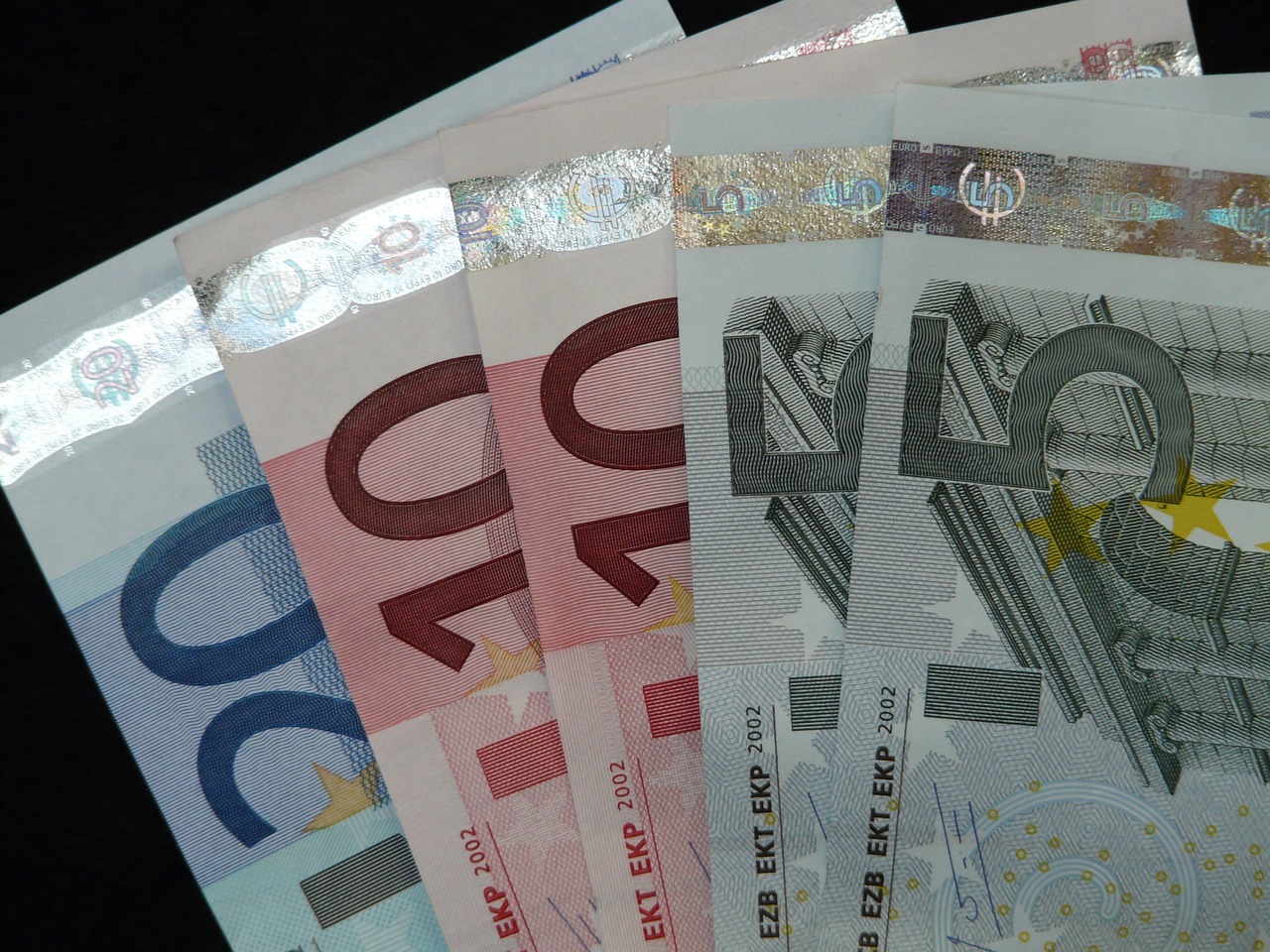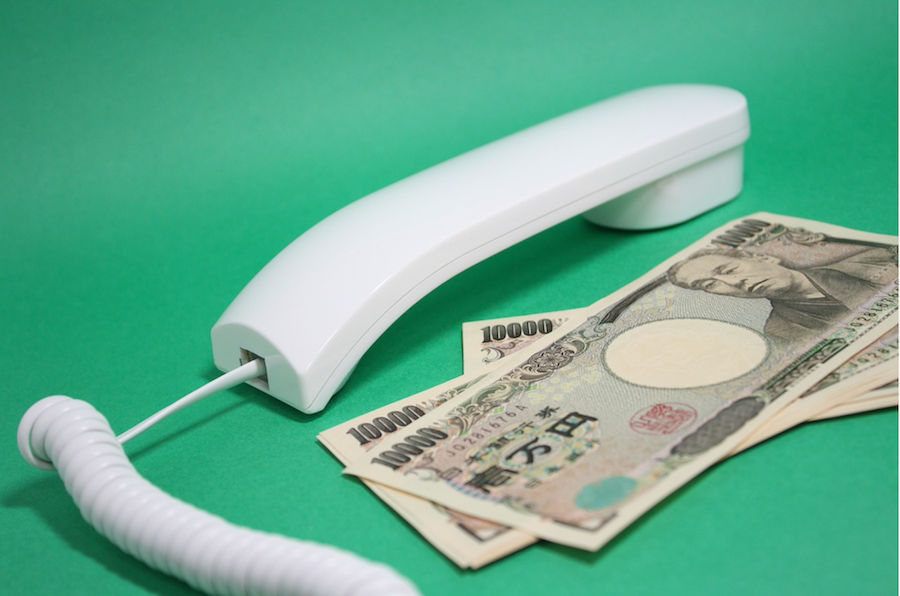Unlocking the Secrets of Cash Advances: What You Need to Know About Using Your Credit Card for Cash
GPT_Global - 2024-09-28 13:30:11.0 56
Can I use my credit card to get cash at a bank or only at an ATM?
Many people rely on credit cards for their daily purchases and expenses. But what if you need cash? Can you use your credit card to withdraw money from a bank? The answer is yes, but there are some things you should know before using your credit card for this purpose.
First, it’s important to understand that not all banks allow credit card cash advances. Some banks have policies against it, while others may charge higher fees for this type of transaction. It’s always best to check with your bank beforehand to see if they offer this service and what their policies are.
If your bank does allow credit card cash advances, the process is usually very similar to withdrawing money from an ATM. You will need to have your credit card and a valid ID with you. Simply go to the bank, present your card and ID, and request a cash advance. The teller will process the transaction and give you the cash, just like an ATM.
One thing to keep in mind is that there may be fees associated with credit card cash advances. These fees can include a flat rate or a percentage of the amount you are withdrawing. Additionally, interest charges will likely apply immediately. Unlike regular credit card purchases, there is no grace period for cash advances, so interest will start accruing as soon as you make the transaction.
In some cases, it may be more beneficial to use an ATM instead of a bank for credit card cash advances. ATMs typically have lower fees and may have better exchange rates if you are making a withdrawal in a foreign currency.
It’s also important to note that cash advances can have a negative impact on your credit score. The amount of credit you have available on your card is a factor in determining your credit score, so taking out a large cash advance could significantly lower your available credit and affect your score negatively.
In conclusion, yes, you can use your credit card to get cash at a bank, but it’s important to consider the potential fees and interest charges. It’s always a good idea to check with your bank beforehand and compare their fees to those of ATMs. And remember to use cash advances sparingly to avoid any negative effects on your credit score.

Is it possible to get cash from a credit card with a zero balance?
If you're in need of some quick cash, you may be wondering if it's possible to get cash from a credit card with a zero balance. While it may sound like an attractive option, the short answer is no. Let's take a closer look at why this is the case.
Firstly, getting cash from a credit card typically involves using a feature called a cash advance. This allows you to withdraw money from your credit card at an ATM or bank, similar to how you would with a debit card. However, cash advances usually come with high interest rates and fees that can quickly add up. So even if you have a zero balance on your credit card, you may still end up owing money in the long run.
Moreover, most credit card companies have strict policies against allowing customers to withdraw cash when they have a zero balance. This is because they want to encourage responsible spending and discourage users from relying on their credit cards as a source of cash. Additionally, since there is no balance to charge the cash advance fee to, the credit card company has no way of recouping the cost of the transaction.
So what are your options if you need cash right away? One solution could be using a remittance service. These services allow you to send money to yourself or others around the world, often with low fees and competitive exchange rates. This can be especially helpful if you have family or friends in other countries who can receive the funds for you. And unlike cash advances, you won't have to worry about incurring interest or fees that can put you in debt.
In conclusion, while it may seem convenient to get cash from a credit card with a zero balance, it's not a viable option due to high fees and strict policies. Instead, consider using a remittance service for a more affordable and secure way to access the funds you need. Your wallet (and credit score) will thank you.
Are there any tax implications for taking out cash from a credit card?
Nowadays, it's common for individuals to use credit cards to make purchases or cover expenses. However, there may be times when you need cash and the only way to access it is through your credit card. This can leave many people wondering about the potential tax implications.First and foremost, taking out cash from a credit card is essentially borrowing money. As with any loan, the amount you borrow needs to be paid back with interest. This interest is not tax deductible, unlike the interest on a mortgage or student loan. Therefore, you will likely end up paying more than the initial amount you borrowed.
Moreover, if you are using your credit card to withdraw cash from a foreign country, there may be additional taxes to consider. Some countries have specific taxes or fees for withdrawing money from an international ATM. It's important to research these fees beforehand to avoid any surprises.
Additionally, if you are a business owner, taking out cash from a credit card may affect your tax deductions. The IRS requires businesses to document all their expenses and provide receipts for any business-related purchases. If you are using your credit card for business expenses, but then take out cash for personal use, it can complicate your tax deductions and raise red flags during an audit.
In conclusion, taking out cash from a credit card can have various tax implications depending on the circumstances. It's important to consider the interest and potential fees involved, as well as how it may affect your tax deductions if you are a business owner. If you are unsure about any tax implications, it's best to consult with a tax professional for personalized advice.
Can I get cash from my credit card if I have a balance transfer promotional rate?
If you're carrying a balance on your credit card and in need of some cash, you may wonder if it's possible to take advantage of a balance transfer promotional rate. The answer is both yes and no - it ultimately depends on the terms of your specific credit card and the remittance business you choose to work with. If your credit card allows for cash withdrawals or cash advances, you may be able to transfer your balance to a new card with a lower interest rate and then withdraw some of that transferred balance as cash. However, keep in mind that cash advances often come with high fees and interest rates, so be sure to read the fine print before making any decisions. Another option for accessing cash through a balance transfer promotional rate is to use a remittance business. These businesses allow you to transfer funds from your credit card to a designated bank account or receive cash directly. While this may be a convenient way to access cash, it's important to note that remittance businesses typically charge fees and may also have their own exchange rates, which could end up costing you more in the long run. It's important to carefully consider all of your options and weigh the potential costs before using a balance transfer promotional rate to access cash. Make sure to read the terms and conditions of your credit card and any remittance business you are considering working with. And remember, it's always wise to pay off your credit card balance as soon as possible to avoid accruing interest and fees.
How can I track the cash advances I have taken from my credit card?
As a business owner, it is common to use credit cards for cash advances to cover immediate expenses. However, keeping track of these cash advances can be a challenge. Here are some tips to help you manage and track your credit card cash advances.1. Keep receipts: Whenever you take a cash advance from your credit card, make sure to keep the receipt. This will serve as proof of the transaction and can be used for tracking purposes.
2. Use a spreadsheet: Create a simple spreadsheet to record the details of each cash advance, such as the date, amount, and purpose. This will give you a quick overview of your cash advance activity and help you stay organized.
3. Set reminders: To avoid missing payments or incurring extra fees, set reminders for yourself to make timely payments on your cash advances. This can be done through your phone's calendar or by using a task management tool.
4. Monitor your credit card account: Make it a habit to regularly check your credit card account online to keep track of your cash advance transactions. This will also allow you to spot any unauthorized charges and report them immediately.
5. Use online tools: Many credit card companies offer online tools to help you manage your cash advances. These tools can provide you with detailed reports, categorize your expenses, and even send alerts when you reach a certain spending threshold.
6. Seek professional help: If you find it difficult to manage your cash advances on your own, consider hiring a financial advisor or using a personal finance app to help you keep track of your expenses and stay on top of your cash advances.
By following these tips, you can effectively track and manage your credit card cash advances, which will ultimately help you stay on budget and avoid any unnecessary fees. Remember to always use cash advances responsibly and only as a last resort.
Is it easier to get approved for a credit card cash advance compared to a traditional loan?
When you are in need of quick cash, there are several options available to you. One option that many people turn to is a credit card cash advance. This allows you to withdraw money from your credit card just like you would with a debit card. However, many people wonder if it is easier to get approved for a credit card cash advance compared to a traditional loan. Let's take a closer look at this topic.
Firstly, when applying for a traditional loan, the lender will typically conduct a thorough credit check and require a lot of financial information. This can be a lengthy and tedious process, and there is no guarantee that you will be approved. On the other hand, a credit card cash advance does not typically involve a credit check or financial information. As long as you have an available credit limit, you can usually get approved quickly and easily.
Additionally, credit card cash advances are considered short-term loans, whereas traditional loans are generally long-term. This means that the credit card company may be more lenient with their approval process since the amount borrowed and the repayment period is relatively small compared to a traditional loan.
However, it is important to note that credit card cash advances often come with higher interest rates and fees compared to traditional loans. This is something to consider before deciding which option is best for your financial needs.
In conclusion, while it may be easier to get approved for a credit card cash advance, it is important to carefully weigh your options and consider the potential costs involved. Both options have their own advantages and disadvantages, so it is crucial to choose what works best for your individual financial situation.
Can I use my credit card to get cash to pay off other debts?
When it comes to paying off debts, some people may consider using their credit card to get cash. While this may seem like a quick solution, it's important to carefully consider the pros and cons before making this decision.
First off, it is possible to use your credit card to withdraw cash. However, this is typically not recommended as credit cards usually charge a higher interest rate for cash advances compared to regular purchases. This means that you could end up paying more in interest by using your credit card to get cash for other debts.
Furthermore, using your credit card to pay off other debts may not necessarily solve the underlying issue of debt. It can be tempting to use one form of debt to pay off another, but this can lead to a never-ending cycle of debt if you are not careful. It's important to address the root cause of your debt and come up with a solid financial plan to pay it off in a responsible and sustainable manner.
If you are considering using your credit card to get cash for other debts, it's important to also keep in mind any additional fees that may apply. Credit card companies may charge a transaction fee for cash advances, which can add to your overall debt burden.
In addition, using your credit card for this purpose may also have a negative impact on your credit score. High credit card utilization, which is the amount of credit used compared to the available credit limit, can lower your credit score. This is because it indicates that you may be relying too heavily on credit and may indicate a potential risk to lenders.
Overall, it's important to weigh the potential consequences before using your credit card to get cash to pay off other debts. Consider exploring other options such as budgeting, negotiating with creditors, or seeking professional financial advice before making a decision. Remember, being strategic and responsible with your finances is key to achieving long-term financial stability.
Are there any fees I should be aware of when getting cash from a credit card?
When it comes to getting cash from a credit card, there are a few fees that you should be aware of. These fees can vary depending on the credit card company and the specific transaction, so it's important to understand them before using your credit card for a remittance business. One common fee associated with getting cash from a credit card is the cash advance fee. This is typically a percentage of the amount you withdraw, and can range from 2-5% of the total transaction. This fee is charged by the credit card company for providing the convenience of cash withdrawal from your credit line. Another fee to keep in mind is the interest rate on cash advances. Unlike regular purchases, cash advances usually start accruing interest immediately. This means that you'll not only have to pay the cash advance fee, but also the interest on the amount withdrawn, which can add up quickly. In addition to these fees, some credit card companies may also charge a flat fee for each cash advance transaction. This can be a fixed amount or a percentage of the total cash advance, and it's important to check with your credit card issuer to see if this fee applies to your card. Finally, it's important to note that using a credit card for remittance may also come with foreign transaction fees if the transaction is made in a different currency. These fees can range from 1-3% of the total transaction, so it's important to factor them in when deciding which method to use for your remittance business. In conclusion, while using a credit card for remittance can be convenient, it's important to be aware of the potential fees involved. Make sure to read the terms and conditions of your credit card carefully and plan accordingly to avoid any surprises.
About Panda Remit
Panda Remit is committed to providing global users with more convenient, safe, reliable, and affordable online cross-border remittance services。
International remittance services from more than 30 countries/regions around the world are now available: including Japan, Hong Kong, Europe, the United States, Australia, and other markets, and are recognized and trusted by millions of users around the world.
Visit Panda Remit Official Website or Download PandaRemit App, to learn more about remittance info.

